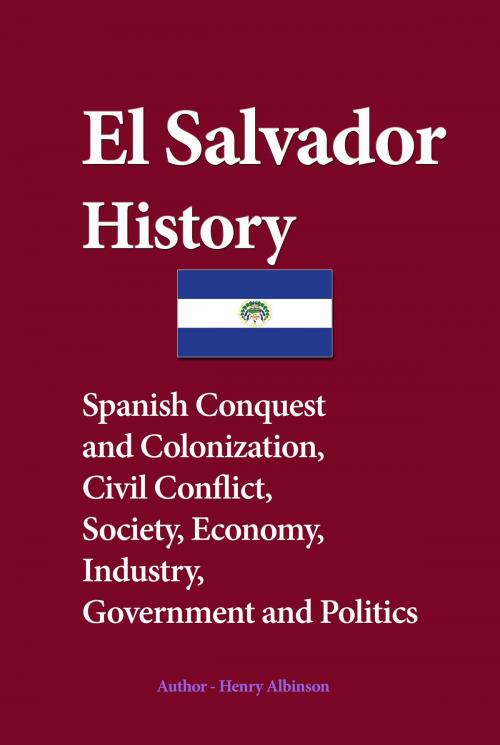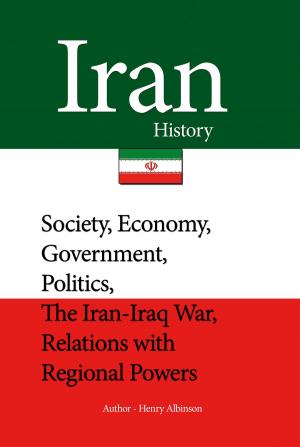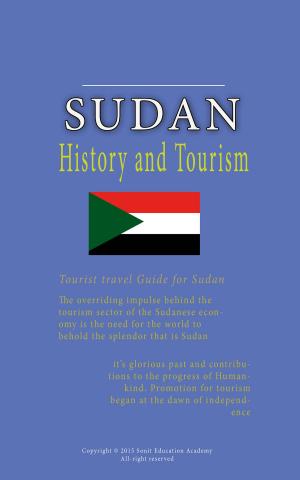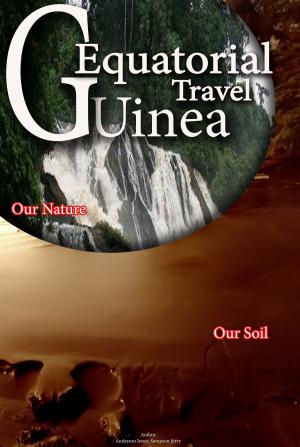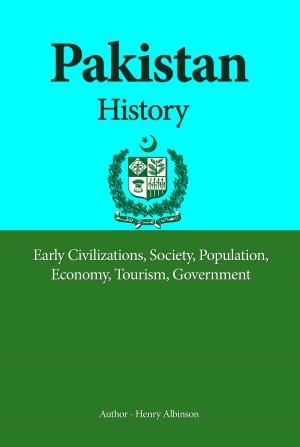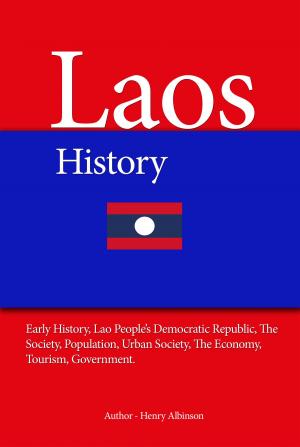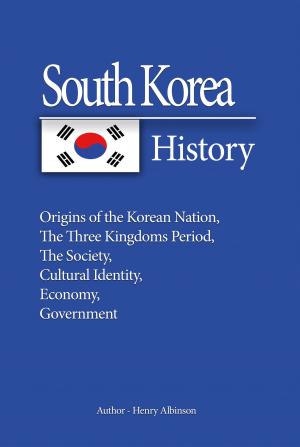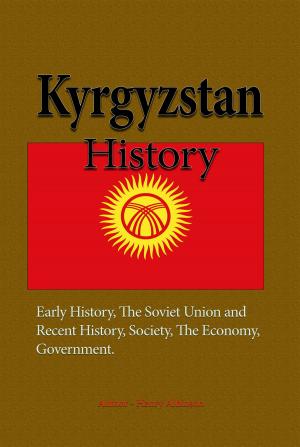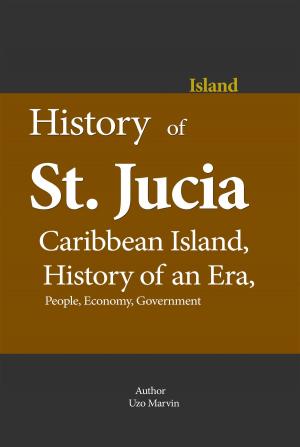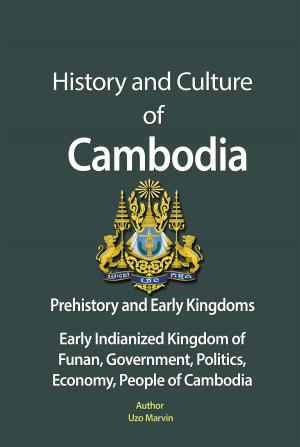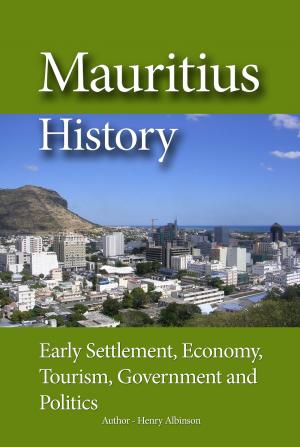| Author: | Henry Albinson | ISBN: | 9781310306617 |
| Publisher: | Sonit Education Academy | Publication: | June 25, 2016 |
| Imprint: | Smashwords Edition | Language: | English |
| Author: | Henry Albinson |
| ISBN: | 9781310306617 |
| Publisher: | Sonit Education Academy |
| Publication: | June 25, 2016 |
| Imprint: | Smashwords Edition |
| Language: | English |
The history of El Salvador revolves around one central issue-- land. In this, the smallest country in Central America, land always has been a scarce commodity whose importance has been amplified by the comparative absence of precious metals or lucrative mineral deposits. Agriculture defined the economic life of the country well before the arrival of the Spanish conquistadors in the early 1500s, and, despite some modest advances in industrial capacity, agriculture has continued to dominate the nation's wealth, social structure, and political dynamics.
The unequal distribution of land in El Salvador can be traced directly to the Spanish colonial system, under which land title was vested in the crown. Those select individuals granted control of specified areas acted, at least in theory, only as stewards over the lands and peoples under their control. Although private property rights eventually were established, the functional structure put in place by the Spanish was perpetuated well into the twentieth century by the landed oligarchy, with the assistance of the military. The history of El Salvador book contains the travel guide that provides you all the information that you will need about El Salvador
The history of El Salvador revolves around one central issue-- land. In this, the smallest country in Central America, land always has been a scarce commodity whose importance has been amplified by the comparative absence of precious metals or lucrative mineral deposits. Agriculture defined the economic life of the country well before the arrival of the Spanish conquistadors in the early 1500s, and, despite some modest advances in industrial capacity, agriculture has continued to dominate the nation's wealth, social structure, and political dynamics.
The unequal distribution of land in El Salvador can be traced directly to the Spanish colonial system, under which land title was vested in the crown. Those select individuals granted control of specified areas acted, at least in theory, only as stewards over the lands and peoples under their control. Although private property rights eventually were established, the functional structure put in place by the Spanish was perpetuated well into the twentieth century by the landed oligarchy, with the assistance of the military. The history of El Salvador book contains the travel guide that provides you all the information that you will need about El Salvador
